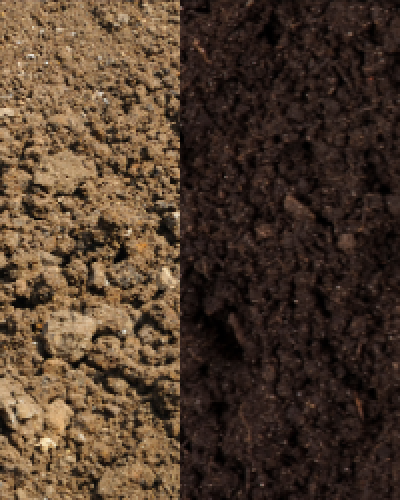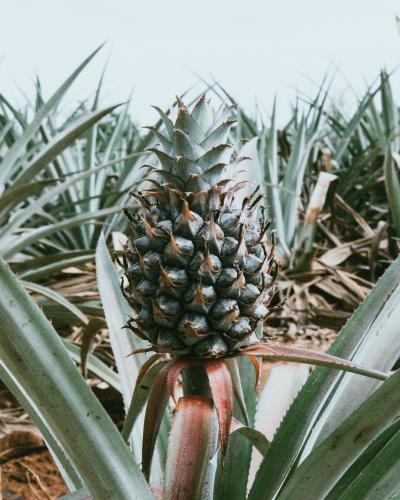An article published in the Journal of Cleaner Production found that dedicating a larger share of farmland to organic reduces...
Sep 12, 2025
A recent review paper from Ecosystem Services found that regenerative organic agriculture (ROAg) has significant positive effects on soil health. Authors established that 64% of the soil ecosystem...
Jun 18, 2025
Organic farming systems can significantly improve soil health over time. In a nine-year study published in the Soil Science...
Mar 21, 2025
The widespread use of synthetic fertilizers in conventional agriculture has resulted in a variety of environmental...
Feb 07, 2025
To measure the impact of adopting organic practices in agriculture, a recent study quantified greenhouse gas emissions on...
Jan 17, 2025
A recent study published in the Soil Science Society of America Journal found that adding organic matter, like compost or manure, can enhance soil health and carbon storage by boosting...
Aug 23, 2023
Researchers have found that reducing the amount of synthetic fertilizer used in pineapple production increases crop yields while maintaining soil quality and lowering greenhouse gas emissions,...
Aug 29, 2022
A collaborative study from USDA and Montana State University scientists delved “far into the weeds” in evaluating the global warming potential in farming organic wheat when combining sheep grazing...
Jun 27, 2022
Organic olives and their oil have a reputation for being healthier and more nutritious, and their demand has grown over...
Dec 27, 2021
A study in Journal of Cleaner Production found that not all types of soybean farming are considered equal, and organic farming offers greater sustainability when it comes to impacts on the...












